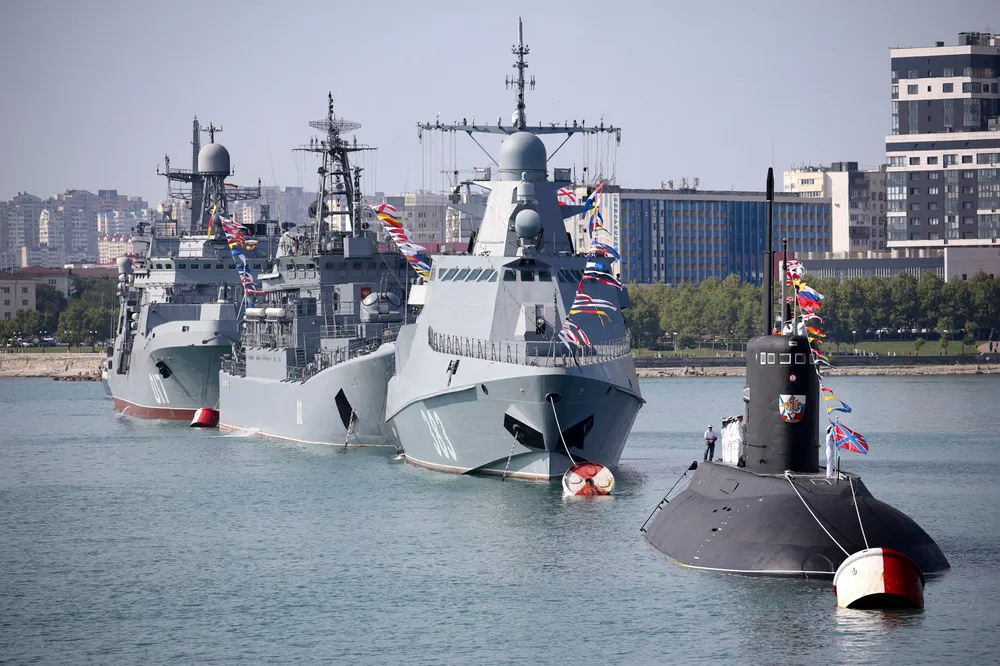G7 ministers to pursue price cap mechanism for Russian oil
Measure needs approval from all European Union states and coalition-building if they are to impact on Russian oil revenues

Measure needs approval from all European Union states and coalition-building if they are to impact on Russian oil revenues
